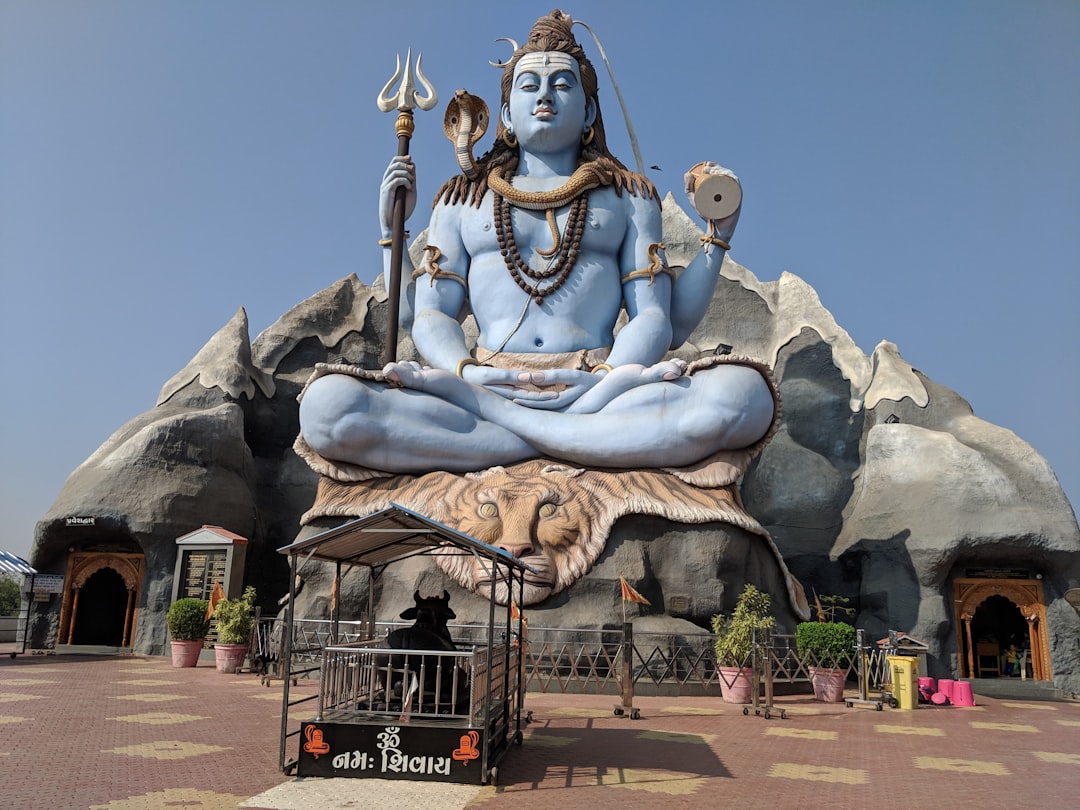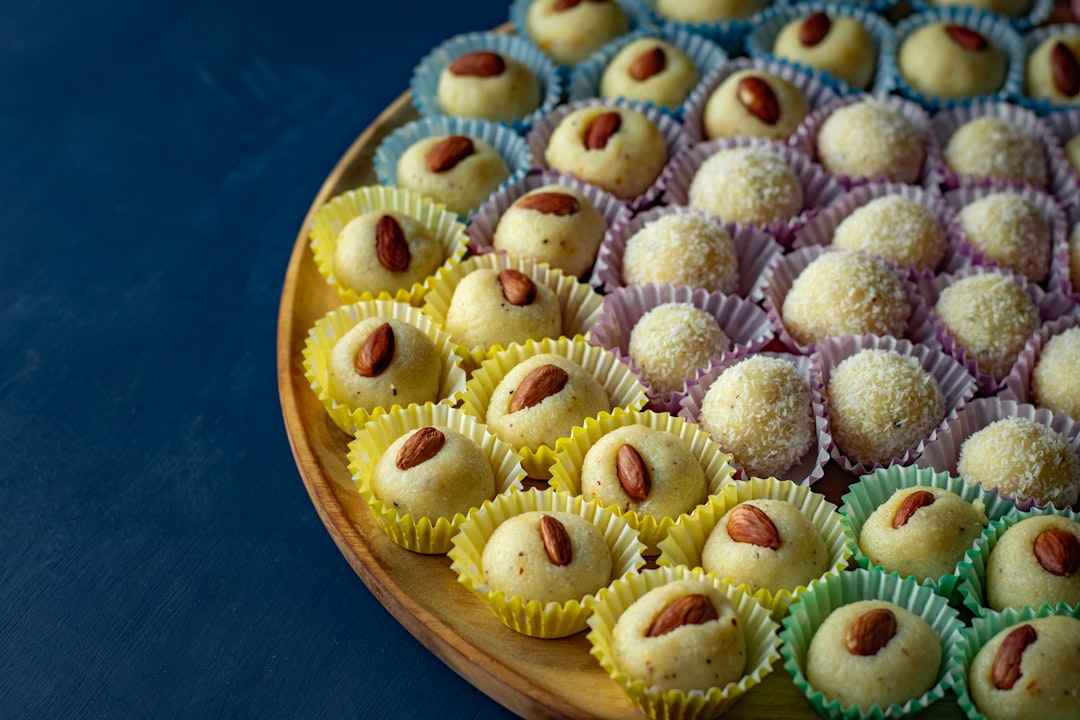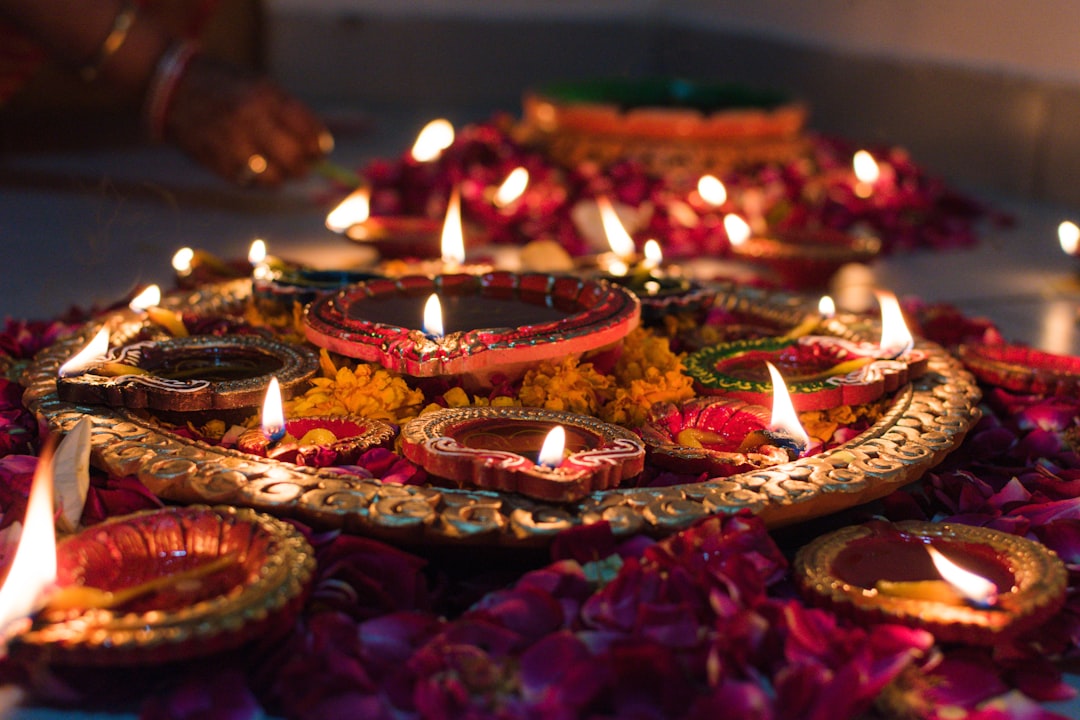
Diwali, also known as Deepavali, is a significant and widely celebrated festival in India and by Indian communities around the world. Diwali, which means "a row of lights," is often referred to as the "Festival of Lights" because of the tradition of lighting oil lamps or candles to symbolize the victory of light over darkness and good over evil.
Many people in Canada and around the world tonight will be putting up lamps and candles and setting their homes a glow. And while some do not know this tradition, there are those whom celebrate this every year. If you find yourself in an area where there are lots of candles glowing in the windows or on the porch, then you’ve found yourself people who are celebrating the victory of light over darkness. Good over Evil.
It is worth noting that Diwali is a multi-day festival whose timing varies annually due to its dependence on the Hindu lunar calendar. Typically, Diwali falls in either October or November. This year, the festival commences on November 12, 2023.
Diwali has varying religious and mythological significance for different communities within India. For Hindus, it marks the return of Lord Rama, an avatar of the god Vishnu, after defeating the demon king Ravana. It also commemorates the worship of Goddess Lakshmi, the goddess of wealth and prosperity.

Diwali is marked by extensive preparations and celebrations. People clean and decorate their homes, light oil lamps (diyas), and create intricate rangoli designs at their doorsteps. Fireworks and firecrackers are a common part of the celebrations.
Diwali is a time for families to come together, exchange gifts, share festive meals, and visit relatives and friends. It is a time of bonding and togetherness.

Special sweets and dishes are prepared during Diwali, and it's customary to share these treats with loved ones and neighbors. Some of those sweets include:
Ladoo: These round sweet balls are made from ingredients like chickpea flour (besan), semolina (sooji), or grated coconut, combined with sugar, ghee (clarified butter), and flavored with cardamom. Various types of ladoos are prepared, such as Besan Ladoo and Coconut Ladoo.
Barfi: Barfi is a sweet fudge-like confection made from ingredients like condensed milk, sugar, and various flavorings. It's often garnished with chopped nuts and can be flavored with rosewater, cardamom, or saffron.
Jalebi: Jalebi is a deep-fried sweet made from a fermented batter that forms a pretzel or spiral shape. It's soaked in sugar syrup, giving it a sweet and syrupy taste.
Gulab Jamun: Gulab Jamun is a popular dessert made from milk solids that are fried and then soaked in a sugar syrup. It's typically flavored with rosewater or cardamom.
Kaju Katli: This is a diamond-shaped sweet made from ground cashew nuts, sugar, and ghee. It has a rich, nutty flavor.
Rasgulla: Rasgulla is a popular Bengali sweet made from cottage cheese (chhena) and soaked in sugar syrup. It is soft and spongy.
Mysore Pak: This South Indian sweet is made from besan (chickpea flour), sugar, and ghee. It has a crumbly texture and is often garnished with nuts.
Halwa: There are various types of halwa, including suji halwa (semolina pudding), gajar ka halwa (carrot pudding), and atte ka halwa (wheat flour pudding). They are often flavored with cardamom and garnished with nuts.
Peda: Peda is a milk-based sweet, typically made from condensed milk and flavored with cardamom. It's shaped into small, round discs and can be garnished with pistachios or saffron.
Chakli and Murukku: These are savory snacks that are also made during Diwali, but they are crispy and spiced, rather than sweet. They are often served alongside the sweets.
These were just some of the sweets and there are many, many more. All of which are delicious and worth a try.
Diwali is a time of giving and charity, with many people donating to the less fortunate and those in need.
People visit temples, perform puja (prayers), and light candles or lamps to seek the blessings of deities during Diwali.

Diwali is also considered an auspicious time for starting new ventures, and many businesses launch new projects or financial records during this period.
Colorful and artistic decorations are a hallmark of Diwali. Homes, public places, and streets are adorned with lights, lanterns, and other decorations to create a festive atmosphere.
Diwali is not only celebrated by Hindus but is also observed by Sikhs, Jains, and other communities in India. It is a time of joy, reflection, and the celebration of light, and it holds great cultural and spiritual significance for millions of people around the world.
To all those who are celebrating Diwali and commencing their Festival of Lights today, I extend my warmest wishes for a joyous and prosperous Diwali. May this festive season bring you and your loved ones an abundance of light, happiness, and harmony. Namaste, and may the radiant glow of Diwali illuminate your path in the days ahead.



